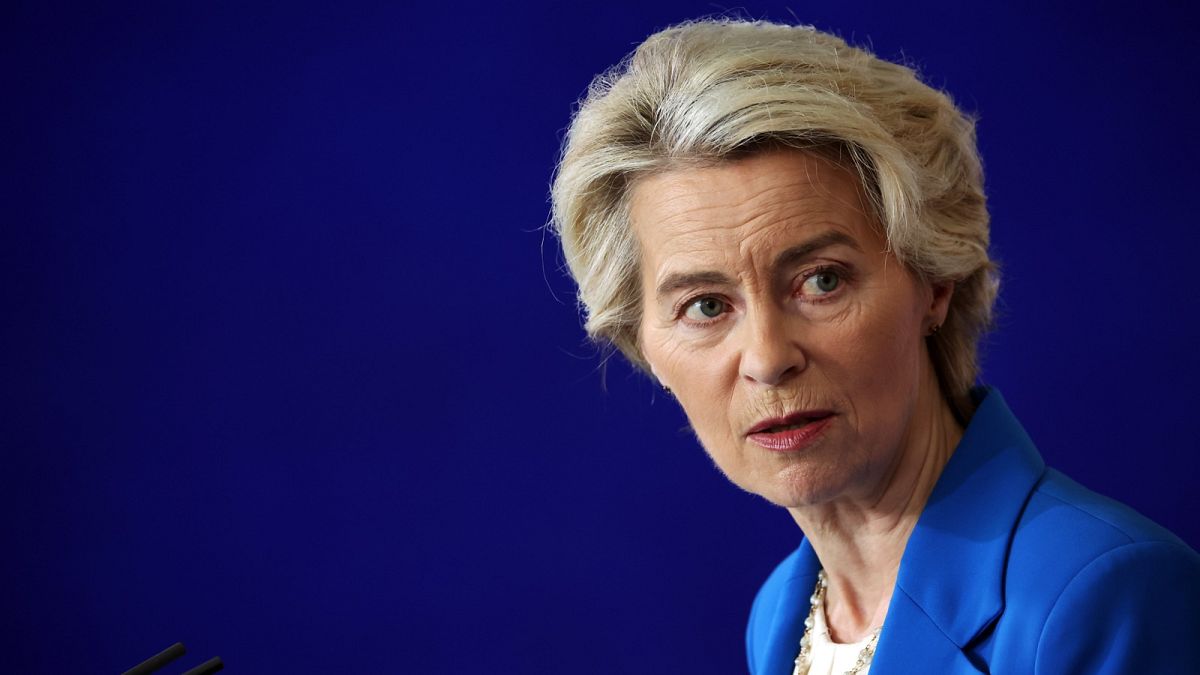The European Commission is considering offshoring migration procedures in response to a growing number of calls from member states. European Commission President, Ursula von der Leyen, has endorsed the establishment of “return hubs” outside EU territory to transfer asylum seekers whose applications have been rejected. This proposal was outlined in a letter sent to EU leaders ahead of a summit in Brussels. The aim is to curb the number of asylum applications and counter irregular border crossings and human smuggling. The Commission’s proposals signal a shift to the right in Europe’s migration debate, with calls for innovative ways to address these challenges.
One proposal is to develop “return hubs” outside the EU, similar to the Italy-Albania protocol, where male migrants rescued in high waters by Italian authorities are transferred. Von der Leyen’s letter suggests that the results of this deal could influence the EU’s migration policy moving forward. She also advocates for designating “safe third countries” at the EU level to avoid disagreements between member states and expedite deportations. The slow rate of deportations, currently between 20% and 30%, has led to renewed political discussions on migration despite recent reforms.
In response to demands from 17 European countries for a “paradigm shift” on deportations, von der Leyen promises to introduce legislation defining clear obligations for returnees and streamlining the deportation process. The president supports the group’s calls for new rules to detain and expel those considered a threat to public order and security, as well as using visa and trade policies to pressure non-EU countries to accept rejected asylum seekers. These measures aim to make the EU’s migration policy more sustainable by ensuring the effective return of individuals who do not have the right to stay.
Von der Leyen’s letter also proposes signing more EU-funded deals with neighbouring countries, enforcing stricter rules against human trafficking, enhancing responses to hybrid attacks, and providing more humanitarian aid to war-torn countries in the Middle East. The President emphasizes that any migration-related projects should uphold EU principles, values, and international law obligations, while also prioritizing sustainable and fair solutions for migrants. However, NGOs have raised concerns about the potential issues associated with offshoring migration processes, warning that it could undermine the core tenet of international protection.
The European Commission’s consideration of offshoring migration procedures comes at a time of heightened political tension over migration policies in Europe. Von der Leyen’s letter addressing these issues coincided with the announcement of Poland’s plan to introduce a “temporary territorial suspension of the right to asylum,” further indicating the divisive nature of the migration debate within the EU. As governments across the continent show increasing boldness in their efforts to control migration flows, discussions around innovative solutions and alternative approaches are likely to continue shaping the future of migration policy in Europe.










